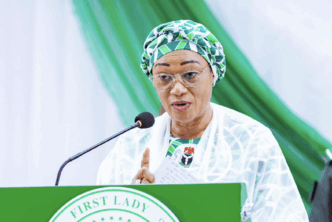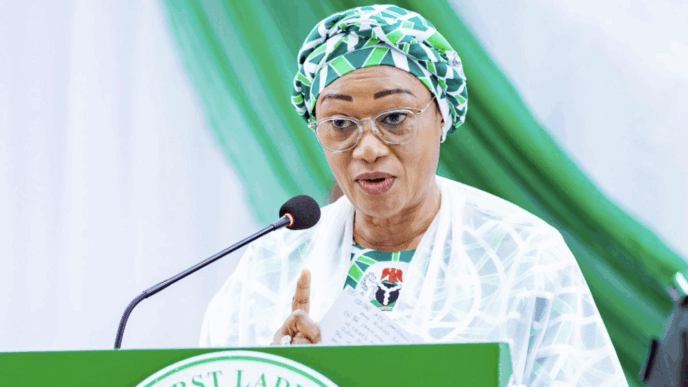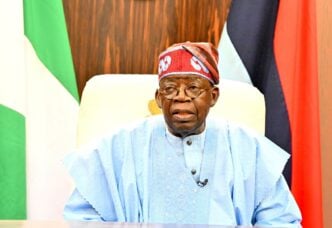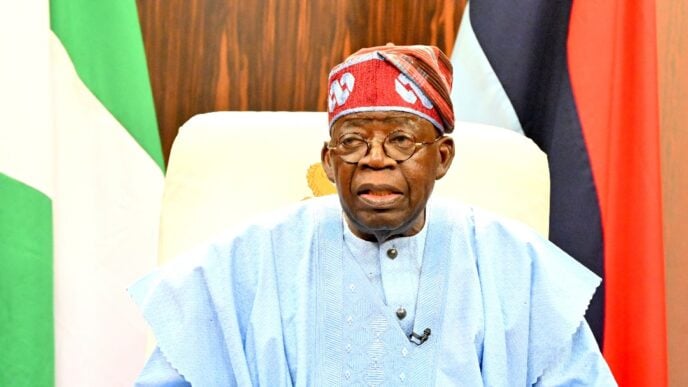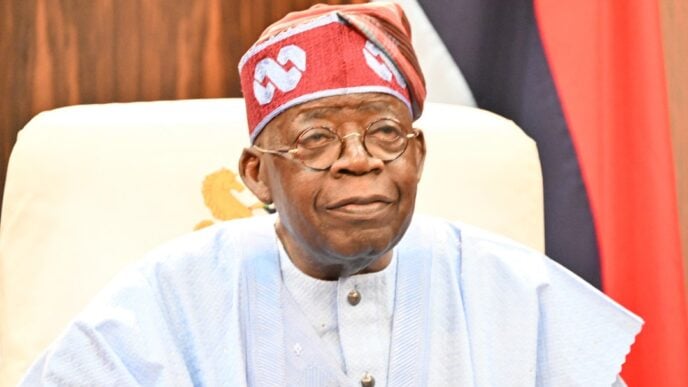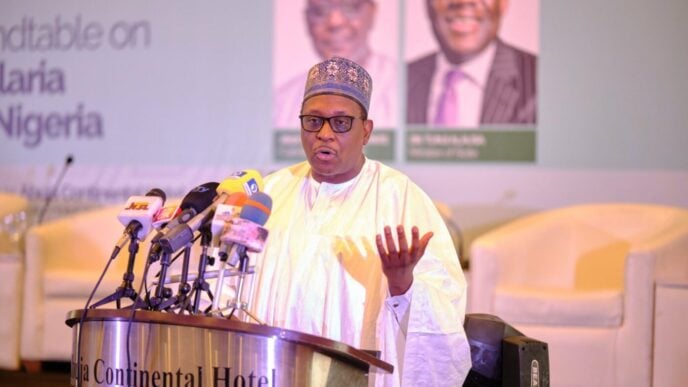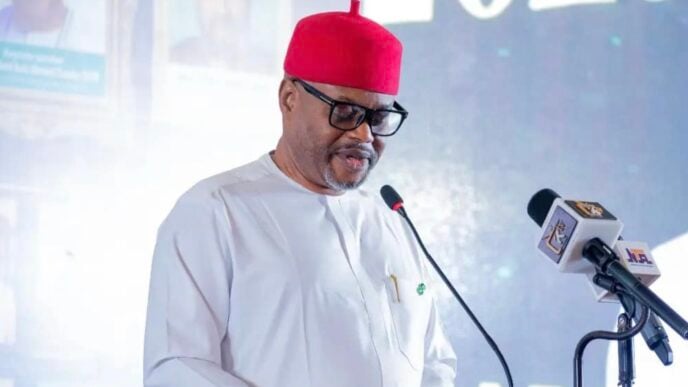A few years ago, I was involved in a head-on collision while driving home late one night after work, when out of the blue, a truck with no headlights emerged from the dark. The driver had left his own lane and faced oncoming vehicles. Before I knew it, he ran into me, and I was only saved from serious injuries because I was wearing a safety belt, though glass splinters flew into my face and left me bloodied.
I came out of the car disoriented as a crowd gathered. My car had been damaged beyond repair. People were shocked that I survived. Amid the chaos, I pleaded with bystanders to take me to the hospital for treatment. I was bleeding, dizzy and unsure of the extent of injury.
To my surprise, several motorists who had stopped only brought out their phones to record me. They ignored my plea, captured the accident scene and drove off. What shocked me was that while those in their fancy cars filmed and left, commercial bike riders who had also converged on the scene fetched water to wash blood off my face, retrieved my valuables and arranged to take me to the hospital.
That night taught me an enduring lesson about compassion-or the lack of it – among our elites. Help came not from the privileged motorists but from those struggling to survive. It also exposed the brokenness of our emergency response system. What if the crash had been worse? I could easily have become another statistic of negligence and poor institutional response.
Advertisement
We arrived at the hospital for another round of drama. First, the staff did not want to take me in because they claimed they did not have a doctor on call. The nurses also demanded some cash deposit before they could begin treatment. But I did not have enough cash on me. Eventually, reason prevailed as the nurses reluctantly agreed to begin treatment.
Sadly, countless Nigerians have not been as lucky.
Take the tragic example of Charity Unachukwu. According to a report by Vanguard on September 29, 2025, Unachukwu reportedly died on September 21, after being rejected from the emergency unit of the UNTH (University of Nigeria Teaching Hospital), Enugu, due to a lack of space. She was reported not to have received any medical attention for 12 hours after being brought to the teaching hospital.
Advertisement
On March 28, 2025, TheCable.ng reported that the Human Rights Community (NHRC) petitioned the national assembly over several preventable deaths in Nigeria’s public health institutions. The commission cited the death of another Nigerian, Lydia Adedipe, an ovarian cancer patient, who allegedly received unprofessional care at the University Teaching Hospital, Ibadan. She was said to have been kept in a dirty ward and subjected to undue financial, psychological, and cultural burdens before her death.
The list is endless.
There was also the case of Peju Ugboma. On March 13, 2023, Nigeria Health Online reported that Ugboma died following an elective surgery (hysterectomy) after internal bleeding. A coroner’s inquest later indicted the doctors for medical negligence that included surgical and post-operative care failures, poor monitoring, and response to complications. During the inquest into Peju Ugboma’s untimely death, Magistrate Mukiala Fadeyi said that the “only logical” insight to “her death was a result of the combination of lack of due diligence of the doctor”. He said that the failure of appropriate response, substandard care and inadequate optimal care contributed to her untimely demise.
He further said that other factors that led to her “avoidable death” were the absence of vital medical devices to detect intra-abdominal bleeding, poor documentation of clinical notes and failure to immediately involve appropriate surgeons. On December 22, 2024, a report in newspapers told the tale of over 105 deaths in various stampedes across Nigeria between 2022-2024. Incidents include crowd crushes during palliative/food distribution in Sokoto, church-based/charity distribution events, and school fairs. Human rights groups attributed many of these to criminal negligence due to poor organisation, inadequate crowd control, lack of planning and safety measures.
Advertisement
Other reports of how Nigerians lose their lives daily due to a lack of adequate security have gripped the country recently. Particularly, lives are being lost daily to violent one-chance robbery. This happens when robbers posing as passengers rob unsuspecting and genuine passengers in commercial buses and taxis. At the Maitama General Hospital, Abuja, one Greatness Okechukwu, a victim of the dreaded one-chance robbery, was rushed to the hospital after being thrown out of a moving vehicle. The hospital reportedly refused her treatment because she could not produce a police report.
She later died.
That same pattern of neglect and institutional failure claimed yet another Nigerian’s life recently – that of Arise TV anchor Sommie Maduagwu. Reports say she panicked and jumped from her third-floor apartment in the Katampe area of Abuja in an attempt to escape the armed robbers who had invaded her home. One can only imagine her terror in those final moments.
Many Nigerians argue that tragic events like these happen everywhere. But they fail to mention that in countries with working systems, emergency response is immediate, and citizens can trust institutions to act swiftly. A single call brings police, paramedics, and accountability. Here, criminals and negligent officials act with impunity because they know there are no consequences.
Advertisement
This is why Nigerians often say, “May Nigeria not happen to you.” The phrase has become a metaphor for the dysfunction that defines daily life. Nigeria “happens” when a patient dies because doctors refuse treatment without a deposit or a police report. It happens when hospitals lack basic equipment, when security agencies fail to protect lives, and when law enforcement cannot investigate or prosecute crimes effectively.
In truth, Nigeria can happen to anyone. It has happened to victims of negligence in hospitals and accident scenes, to people kidnapped on highways, to women who die during childbirth, and to those caught in stampedes caused by official incompetence. The way forward must begin with a change of mindset.
Advertisement
Years of failed governance have bred insensitivity and eroded empathy among citizens. Yet, institutions are only as compassionate and effective as the people who run them. Responsible citizenship and accountability must go hand in hand. But above all, the government must fulfil its social contract. The protection of life and property is its primary duty.
Every Nigerian life – rich or poor, famous or unknown – must be treated as sacred. Sommie Maduagwu was not just a statistic. She was a victim of a system that repeatedly fails its people. Her death-and countless others-should force our leaders to pause and ask: What is the value of a Nigerian life?
Advertisement
Views expressed by contributors are strictly personal and not of TheCable.


